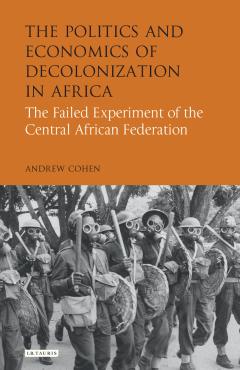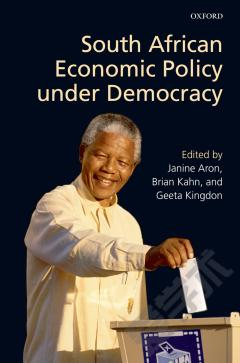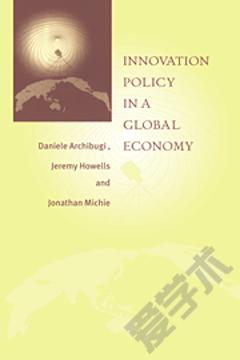Afrikaners in the New South Africa —— Identity Politics in a Globalised Economy
----- Afrikaners在新的南非:一个全球化的经济体系中的身份政治
How has the position of Afrikaners changed since the end of the Apartheid regime in South Africa? Here Davies portrays the stresses, strains and processes of change in a rapidly evolving political landscape. Much has been written about the African National Congress, its support base and alliance partners in the post-apartheid era, but Afrikaner politics and identity remain underexplored. Orthodox analyses suggested a bleak future for an Afrikaner grouping in contemporary South Africa, subjugated under an ANC government broadly aligned against Afrikaner interests. While the once sound links between the state, the regime and Afrikaner nationalist identity have been irrevocably altered, it is evident that this newly disempowered minority still commands a vast material and cultural capital. Davies shows that certain Afrikaans speakers have been increasingly marginalized in the new order, while others have become important players in the new South Africa and on the world stage, enthusiastically embracing elements of the wider politico-economic order. Indeed, prominent Afrikaner constituencies including business and cultural elites are flourishing in contemporary South Africa. Davies argues that the global political economy and the closely associated ideology of globalization and neo-liberal economics are major catalysts for change in Afrikaner identifications and positions, resulting in 'successful' adaptations to the post-apartheid context. She demonstrates the links between these global influences and more local social, economic and political developments, showing how shifts in the global economy have served to constrict or empower different elite and non-elite Afrikaans constituencies. Davies sheds light on a complex and riven political context by identifying and deconstructing multiple Afrikaner constituencies and identities, and showing how they play out in the social, economic and political landscape of South Africa. By providing a detailed case study of the impact of globalization on identity and politics in societies in flux, she advances a new theoretical framework for understanding identity politics grounded in an international political economy perspective. Accessible, informative and well-written, 'Afrikaners in the New South Africa' is a vital contribution to our understanding of post-apartheid South Africa. It will be indispensable for readers and academics interested in the politics of post-apartheid South Africa, Afrikaners, identity politics, globalization, international political economy and geography.
{{comment.content}}








 京公网安备 11010802027623号
京公网安备 11010802027623号